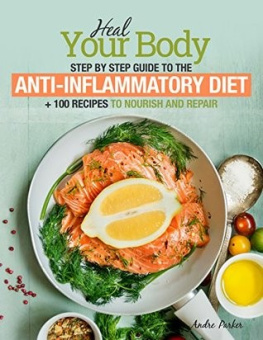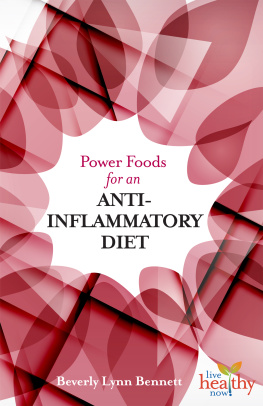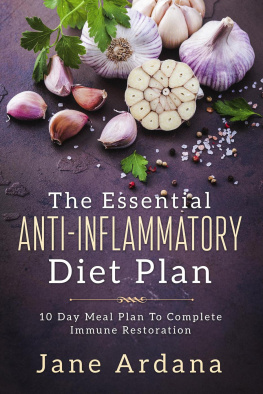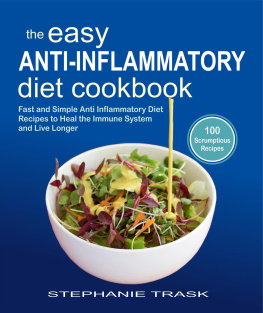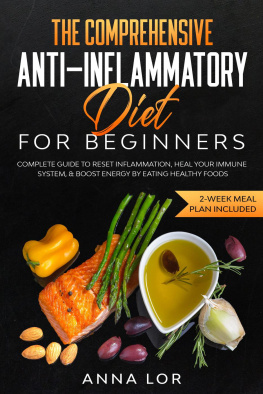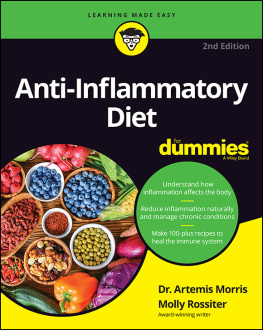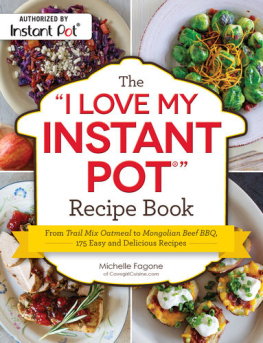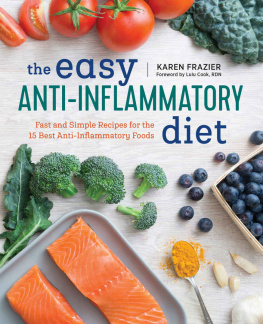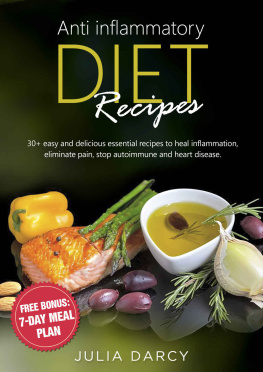Copyright 2017 Andre Parker-All Rights Reserved
This document is geared towards providing exact and reliable information in regards to the topic and issue covered. The publication is sold with the idea that the publisher is not required to render accounting, officially permitted, or otherwise, qualified services. If advice is necessary, legal or professional, a practiced individual in the profession should be ordered.
From a Declaration of Principles which was accepted and approved equally by a Committee of the American Bar Association and a Committee of Publishers and Associations.
In no way is it legal to reproduce, duplicate, or transmit any part of this document in either electronic means or in printed format. Recording of this publication is strictly prohibited and any storage of this document is not allowed unless with written permission from the publisher. All rights reserved.
The information provided herein is stated to be truthful and consistent, in that any liability, in terms of inattention or otherwise, by any usage or abuse of any policies, processes, or directions contained within is the solitary and utter responsibility of the recipient reader. Under no circumstances will any legal responsibility or blame be held against the publisher for any reparation, damages, or monetary loss due to the information herein, either directly or indirectly.
The information herein is offered for informational purposes solely, and is universal as so. The presentation of the information is without contract or any type of guarantee assurance.
The author is not a licensed practitioner, physician or medical professional and offers no medical treatments, diagnoses, suggestions or counselling. The information presented herein has not been evaluated by the U.S Food and Drug Administration, and it is not intended to diagnose, treat, cure or prevent any disease. Full medical clearance from a licensed physician should be obtained before beginning or modifying any diet, exercise or lifestyle program, and physicians should be informed of all nutritional changes.
The author claims no responsibility to any person or entity for any liability, loss or damaged caused or alleged to be caused directly or indirectly as a result of the use, application or interpretation of the information presented herein.
Book Cover Design: Karen Hue
Book Cover Images: Victoria Shibut www.123rf.com
Copyright 2017 Andre Parker
All Rights Reserved Worldwide: No part of this book may be copied, reproduced or transmitted in any form or by any means without written permission from the author.
For more information, please contact:
ANDRE PARKER
http://www.andreparker.co
Facebook: https://www.facebook.com/healyourguts/
Instagram: https://www.instagram.com/andreparker.co/
Andre Parker owns all exclusive publishing rights to the entire content of this book.
Other Books by Andre Parker
Please check out my other books also available on Amazon by visiting my Authors Page:
https://www.amazon.com/Andre-Parker/e/B01MU32EZG



If you enjoyed this book,
Id appreciate it if you would leave a review.
Your feedback means the world to me so please do leave a review!
Simply visit: https://www.amazon.com/dp/B06Y63RD5K
Table of Contents
Introduction
What is an Anti-inflammatory Diet?
Anti-inflammatory diets have been in the spotlight for quite some time now as being a great diet to improve our overall health. There is a great deal of evidence that these diets reduce inflammation in the body and our chances of getting sick, whether with the common cold or a more serious illness, are therefore much lower. Whilst following an anti-inflammatory diet can help improve anyones health, they are especially helpful for those of us who suffer from inflammatory conditions such as arthritis, gout, lupus and scleroderma to help to reduce the systemic inflammation that occurs with these conditions.
If you have ever heard of the saying, you are what you eat, this is entirely true. If you put processed, inflammation-causing foods into your body, you are going to cause inflammation, which is then going to result in unwanted reactions, such as digestive distress, skin conditions, mood disruptions and even disease. If you fuel your body with powerful inflammation fighting foods that are rich in phytonutrients and have the ability to fight disease, you are feeding your body what it needs to function at its most optimal level. An anti-inflammatory diet focuses on just that, feeding your body with the foods that it needs in order to thrive.
The anti-inflammatory diet is a diet full of wholesome, healthy and unprocessed foods. These wholesome foods act to naturally reduce the inflammation in your body and therefore prevent disease. There have been numerous research studies carried out on the benefits of anti-inflammatory diets. One study has shown that unresolved inflammation in the body has been linked to the early development of disease and argues that controlling inflammation should be a key future preventive and therapeutic target ( ). Another study indicated that consuming certain foods, such as: citrus fruits; tomatoes; dark, leafy greens; and wild-caught salmon, can fight disease-causing inflammation in the body ( ).
So, you may be wondering what you would be eating on an anti-inflammatory diet. An anti-inflammatory diet is rich in healthy fats, particularly omega-3 fatty acids, which are not only great for combating inflammation, they are great for brain health as well. Foods high in omega-3 fatty acids include wild salmon, sardines, avocados, flaxseeds, hempseeds and walnuts. Fruits and vegetables should be enjoyed in abundance on an anti-inflammatory diet and provide the body with powerful antioxidants to fight off free radicals that are causing damage and inflammation to our organs. Herbs and spices are also commonly seen on an anti-inflammatory diet. Herbs and spices such as turmeric, garlic, ginger and green tea have been known to help to fight inflammation, and promote health, for centuries. These herbs and spices are also rich in bioflavonoids, which can help to reduce the amount of free radicals in the body. As far as proteins go, proteins such as grass-fed animal products are the protein of choice as opposed to grain-fed animal products that will produce more inflammation. Organic, pasture-raised eggs can also be enjoyed on an anti-inflammatory diet.
There are still so many delicious foods that can be consumed and incorporated into your everyday diet when following an anti-inflammatory way of eating. By eliminating foods that are processed, high in sugar, refined, grain-fed animal products, alcohol or contain excessive caffeine, you will be hugely helping to reduce the overall inflammation in your body.
What Is Inflammation?
When you think about inflammation, what comes to mind? For most, its likely redness, swelling, heat, and pain but inflammation can stem from the inside of the body and is the culprit of nearly all disease seen today. Before we jump into talking about how you can make changes to your diet to help combat systemic inflammation, its important to understand what is going on inside your body when inflammation is present. If you can understand what inflammation is and whats causing the inflammation you are well on your way to helping safeguard your body from inflammatory diseases.

